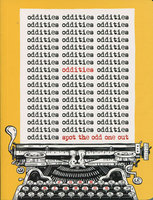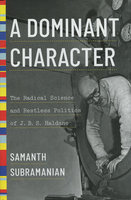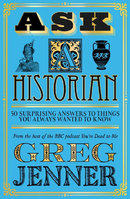New, Quality Books - 50-90% off, over 2500 titles
Your basket is empty.
Categories Lucky Dip Clearance DAY THE MUSIC DIED: A Life Behind the Lens
DAY THE MUSIC DIED: A Life Behind the Lens
Book number: 92559
Product format: Paperback
In stock
Bibliophile price
£1.50
Published price
£9.99
Customers who bought this product also bought
|
JOAN BAEZ: The Last Leaf
Book number: 93023
Product format: Hardback
Bibliophile price
£5.75
Published price
£14.99
|
WATERLOO SUNRISE: London from the Sixties to Thatcher
Book number: 93507
Product format: Hardback
Bibliophile price
£11.00
Published price
£30
|
ODDITIES: Spot the Odd One Out
Book number: 92094
Product format: Paperback
Bibliophile price
£3.25
Published price
£7.99
|
|
COMFORT BOOK
Book number: 94047
Product format: Hardback
Bibliophile price
£8.50
Published price
£16.99
|
DOMINANT CHARACTER
Book number: 92006
Product format: Hardback
Bibliophile price
£3.00
Published price
$40
|
ASK A HISTORIAN
Book number: 93069
Product format: Paperback
Bibliophile price
£5.00
Published price
£10.99
|
Browse these categories as well: Lucky Dip Clearance, Biography/Autobiography, Entertainment/Showbiz







